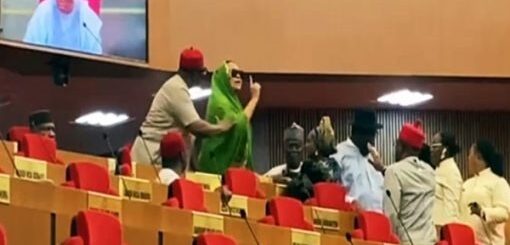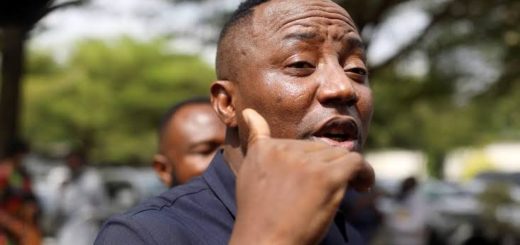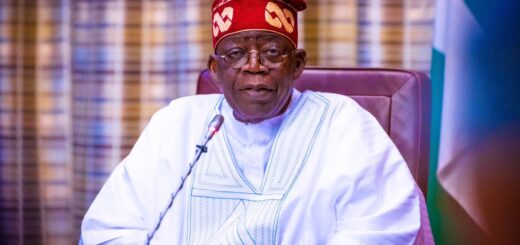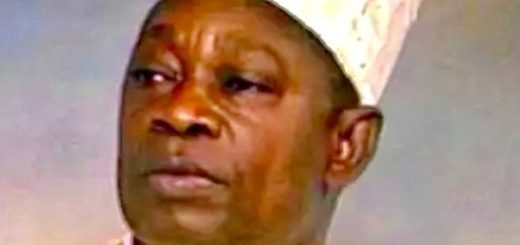“Support and Opposition Grow Over New States Plan”
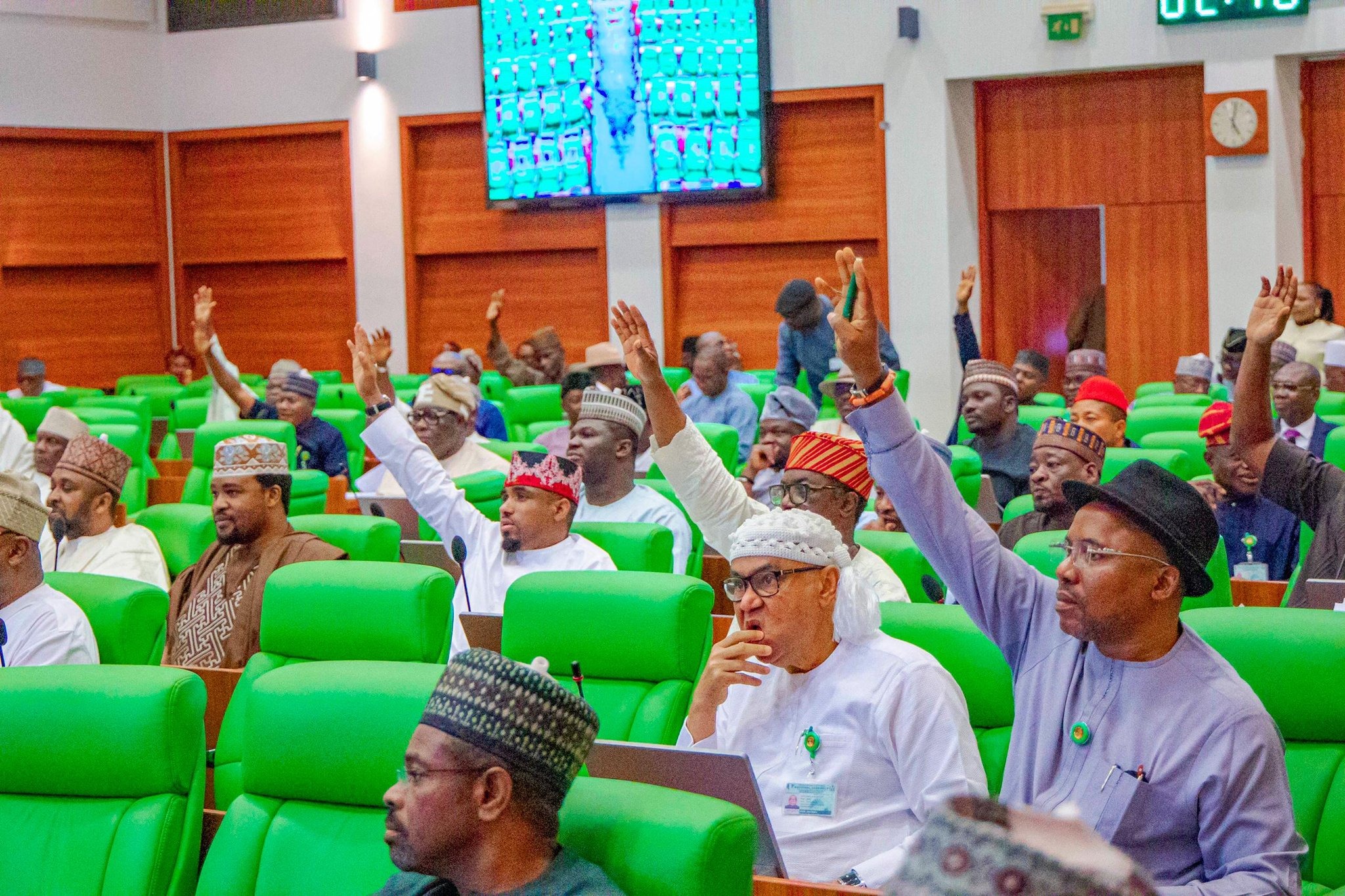
 Since Thursday, February 6, when the House of Representatives announced the receipt of proposals for the creation of 31 new states across Nigeria’s six geopolitical zones, the issue has sparked widespread debate among Nigerians of all walks of life. The proposed states would increase the number of states in the country from 36 to 67, potentially altering the political landscape.
Since Thursday, February 6, when the House of Representatives announced the receipt of proposals for the creation of 31 new states across Nigeria’s six geopolitical zones, the issue has sparked widespread debate among Nigerians of all walks of life. The proposed states would increase the number of states in the country from 36 to 67, potentially altering the political landscape.
The current state structure in Nigeria has five states in the South East, six in the South West, South-South, North Central, and North East, while the North West has seven. The breakdown of the proposed states includes new states from the North Central, North East, South East, South West, and South-South regions.
Proposals by Region:
In the North Central, there are calls for seven new states, including Benue Ala, Apa Agba, and Apa from Benue State, and Okun, Okura, and Confluence from Kogi State, as well as upgrading the Federal Capital Territory (FCT), Abuja, to state status.
The North East proposes three new states, Amana, Katagum Savannah, and Muri, carved from Adamawa, Bauchi, Borno, and Taraba states. Additionally, there are requests for states such as New Kaduna and Gurrara from Kaduna State, and Tiga and Ghari from Kano State.
In the South East, the proposed new states include Etiti from the five existing states in the zone, Adada from Enugu State, and Orashi, Orlu, and Aba from Imo and Abia states.
The South-South zone has proposals for the creation of Ogoja, Warri, and Bori states from Cross River, Delta, and Rivers states, as well as Obolo State, spanning Rivers and Akwa Ibom states.
In the South West, the proposals include the creation of Toru-ebe from Delta, Edo, and Ondo states, Ibadan and Lagoon states from Oyo and Lagos, and Ijebu State from Ogun. Also proposed are Oke-Ogun and Ife-Ijesha states from Ogu, Oyo, and Osun states.
Proposals Spark Diverse Reactions:
As expected, reactions to the proposed state creation have been divided. Some Nigerians have argued that the focus should be on returning the country to regionalism, believing that the current structure created by military regimes only served to weaken the eastern region during the Nigerian/Biafran war.
However, there are those who believe that creating new states could bring more development to marginalized regions. Some advocates assert that the South East deserves more states to achieve parity with other regions, while others question whether the new states would be economically viable, especially as many existing states struggle to generate revenue.
Two regional bodies that have strongly opposed the proposal are Afenifere, the Yoruba socio-political group, and the Arewa Consultative Forum (ACF). Both organizations argue that the creation of new states is unnecessary and would exacerbate Nigeria’s governance and economic inefficiencies. Afenifere’s National Organizing Secretary, Abagun Kole Omololu, called for constitutional reforms that would focus on true federalism, devolution of power, and resource control for the regions.
Similarly, the ACF criticized the proposal, stating that the country should focus on addressing structural issues rather than creating more administrative units.
In contrast, the apex Igbo socio-cultural organization, Ohanaeze Ndigbo, supports the idea of creating more states in the South East. According to National Publicity Secretary Ezechi Chukwu, the South East is currently the most underrepresented region with only five states. He argued that this disparity should be corrected by adding more states to ensure equity and fairness across all regions.
Viability and Equity Concerns:
The Pan-Niger Delta Forum (PANDEF) also expressed its view on the matter. The forum emphasized that the creation of more states should be done in a way that ensures equal representation across all zones. They further argued that states should only be created if they are financially self-sustaining and able to contribute meaningfully to the nation’s development. PANDEF’s spokesman, Christopher Ominimini, stressed that the creation of new states should aim for balance and equity, as the current system gives the North West seven states, while the South East has only five.
Some Nigerians, including legal experts like Chief Mike Ozekhome, have condemned the move, calling it a wasteful and unnecessary exercise. Ozekhome, a Senior Advocate of Nigeria, pointed out that most of the current states are financially dependent on federal allocations and lack the resources to survive independently. He believes that the real solution lies in restructuring Nigeria’s federal system, ensuring fair distribution of resources, and addressing systemic issues rather than creating more states.
Grassroots Development and National Unity:
Despite the overwhelming criticism, others, such as former Director General of Voice of Nigeria, Osita Okechukwu, support the idea of more states, believing that it could contribute to national unity and grassroots development. He highlighted the need for a more inclusive and participatory approach to governance, which could empower local communities and foster growth at the grassroots level.
However, critics argue that state creation alone will not solve Nigeria’s underlying issues of poverty, unemployment, and economic disparity. As one social commentator, C.I Nnamani, pointed out, the country’s socio-economic challenges extend far beyond state creation, with many Nigerians suffering from poor governance and ineffective policies.
As the debate continues to unfold, the future of the proposed 31 new states remains uncertain. The House Committee on Constitution Review has instructed proponents of the new states to re-submit their requests in accordance with the provisions of Section 8(1) of the 1999 Constitution, ensuring that the creation of any new states complies with constitutional guidelines. It remains to be seen whether these proposals will be accepted or rejected, as the nation grapples with its complex political and economic realities.
